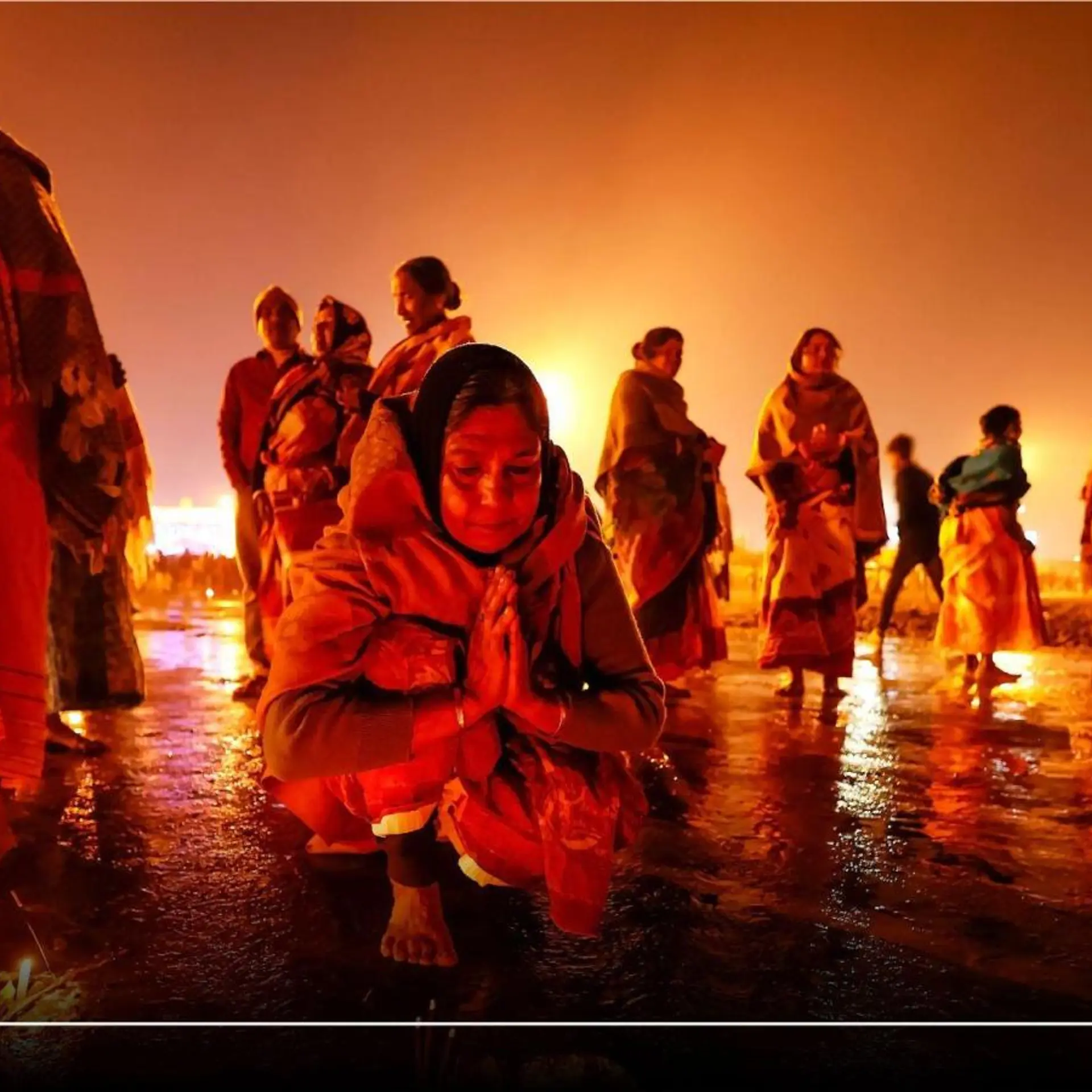Uber forms Uber Money team to strengthen Indian fintech play
Uber Money will also implement new payment methods, enable and build financial compliance tools, leverage smart routing technologies for payment gateways.
is now forming its Uber Money, a team of more than 100 technology professionals who will be responsible for the company's global financial products and technology innovations.
Based out of the Hyderabad Tech Centre, this team will be responsible for enabling new global features and improvements, including real-time earnings, updated debit accounts, and debit cards for driver partners, along with Uber Wallet and refreshed Uber credit card for riders.
The team will also implement new payment methods, enable and build financial compliance tools, leverage smart routing technologies for payment gateways, and apply Uber Artificial Intelligence models for intelligent risk decisions.

In a statement, Naga Kasu, Engineering Director and Hyderabad Site Lead, Uber said,
“The Uber Hyderabad Tech Centre has the best fintech talent specialising in risk, payments, financial reporting and analytics platform engineering. Besides engineering, we are investing in growing and scaling data science, analytics, and product management organisations to transform Hyderabad into a full spectrum tech site for Uber.”
Started in 2014, the ride-hailing major's Hyderabad Engineering Centre builds software products and platforms, focussing on providing a seamless experience to its global community.
In line with Uber’s CEO Dara Khosrowshahi's pledge to remain committed to India during his October 2019 visit, the company aims to double down on long-term growth at its Hyderabad and Bangalore tech centres.
Besides Hyderabad, the Uber Money team is also present at its San Francisco, Palo Alto, New York, and Amsterdam technology centres.
Earlier in January, Uber said that it is now focussing on safety for both its driver partners and riders, announcing a range of safety features, including RideCheck.
With Ride Check, the company will be able to detect trip irregularities. It also introduced audio recording, which will be rolled out as a pilot in India later this year.
(Edited by Saheli Sen Gupta)








